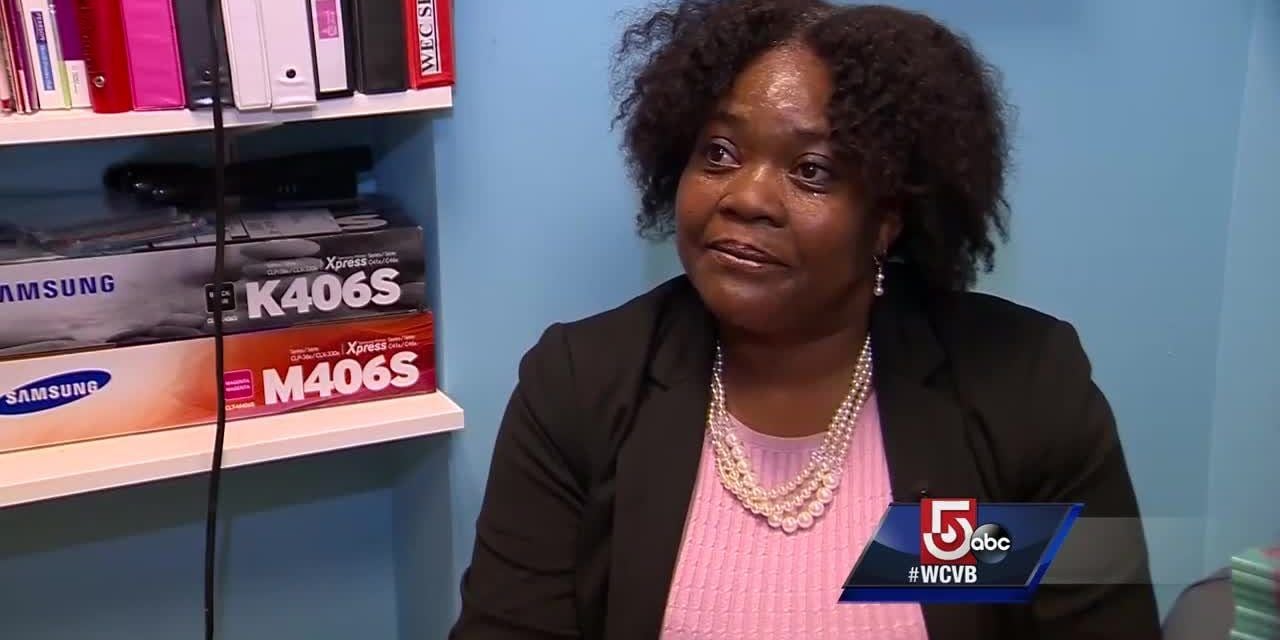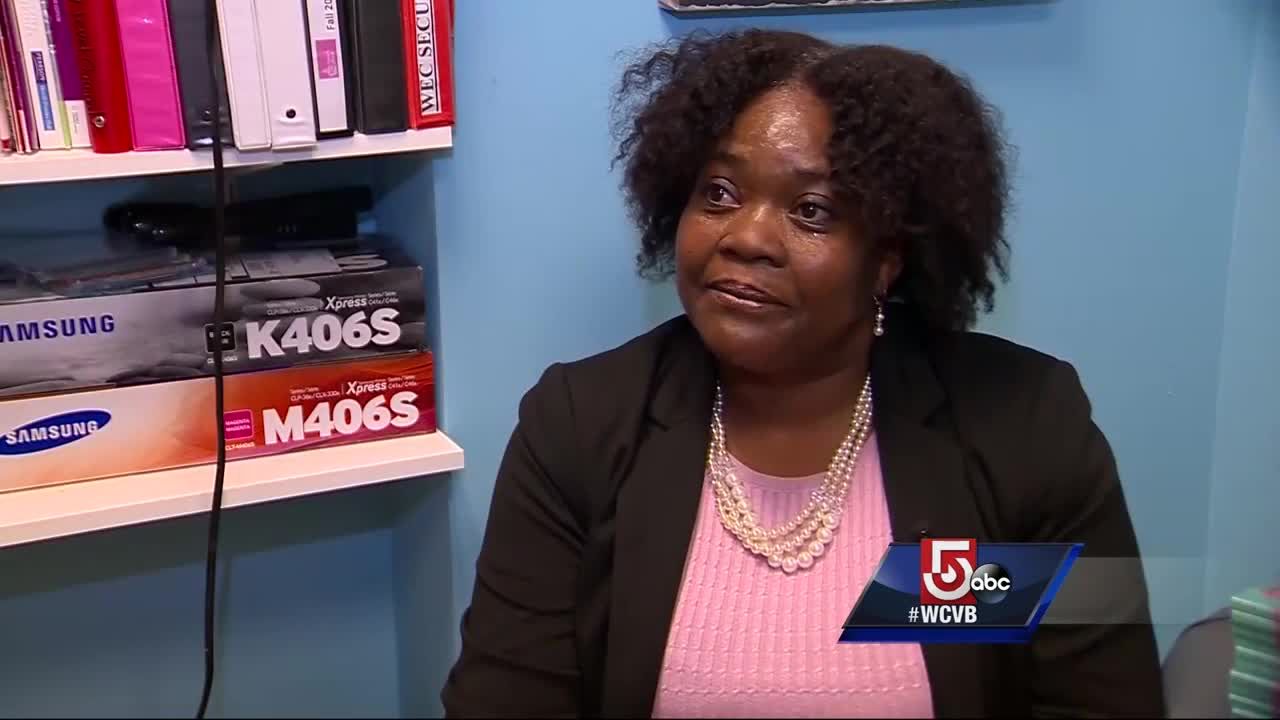Norma Heath is not the average Harvard graduate. This 51-year-old was definitely no high school valedictorian. She wasn’t born with a silver spoon, either. In fact, Norma spent more than 12 years living on the streets. Now, however, she’s the proud owner of a degree in psychology from one of the country’s most prestigious universities. To help put that accomplishment in perspective, you should know that:
- Only 5.4 percent of students that apply to Harvard get in
- A year at Harvard costs $63,025
In a recent interview with WCVB-TV, Norma said that she owed her success to two things: goal setting and a women’s shelter called Rosie’s Place.
Norma Took A While to Find Her American Dream
Her misfortunes started when four-year-old Norma migrated to Boston. With limited English skills and a different cultural background, the young Honduran immigrant struggled to fit in. Four years later, Norma and her family moved to a predominantly white neighborhood. However, things didn’t get any better for her: “We moved to a white neighborhood and they didn’t accept me either. That’s when the self-hatred began,” she said.
Drugs Were Not The Answer
Norma went to great lengths to deaden her pain. At just 12 years old, she turned to a dangerous source of pain relief: drugs and alcohol. “My drug of choice was crack cocaine and marijuana. And everything that came with it: the lying, the stealing, the prostitution, I did it.” Eventually, the drug use came to dominate her life. After losing her job, Norma found herself struggling to survive on the streets of Boston. She stayed that way until she found Rosie’s Place at 48 years old.
Eventually, the drug use came to dominate her life. After losing her job, Norma found herself struggling to survive on the streets of Boston. She stayed that way until she found Rosie’s Place at 48 years old.
Rosie’s Place and Norma’s Turnaround
This women’s shelter opened in 1974 to provide homeless and at-risk women the dignity and tself-confidence often lost on the streets. The program offers housing, food, and educational support to women all across the Boston area. For Norma, going to Rosie’s Place led to taking lessons in reading, writing, and goal-setting. It was the latter that eventually led her to the Ivy League. Her thought process went something like this:
For Norma, going to Rosie’s Place led to taking lessons in reading, writing and goal-setting. It was the latter that eventually led her to the Ivy League. Her plan went something like this:
- Make it to my doctor’s appointment
- Get off drugs
- Stay away from people who do drugs
- Graduate from Harvard
With the encouragement of her counselor behind her, Norma went on to reach those goals.









